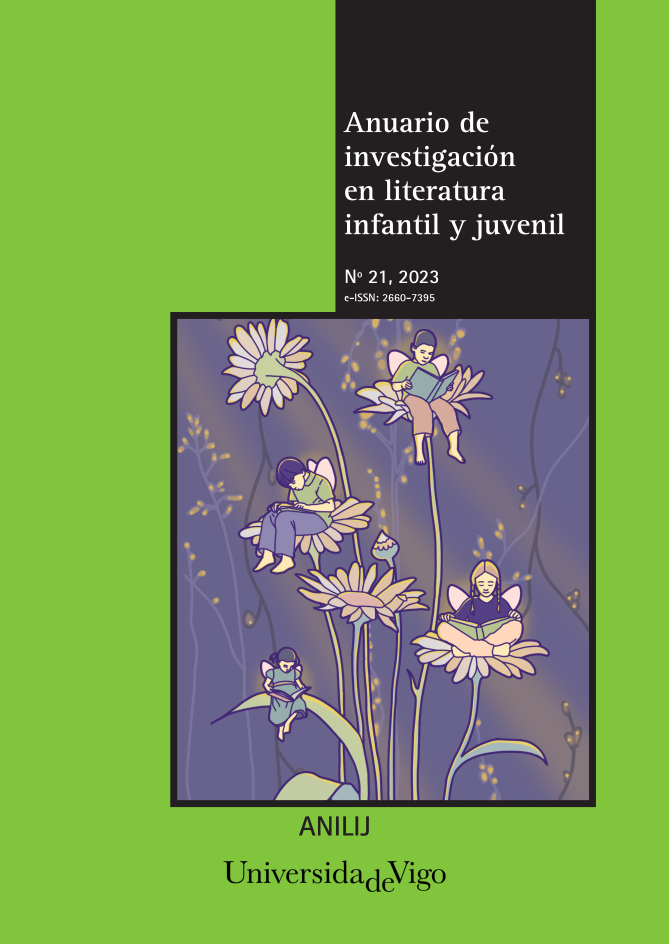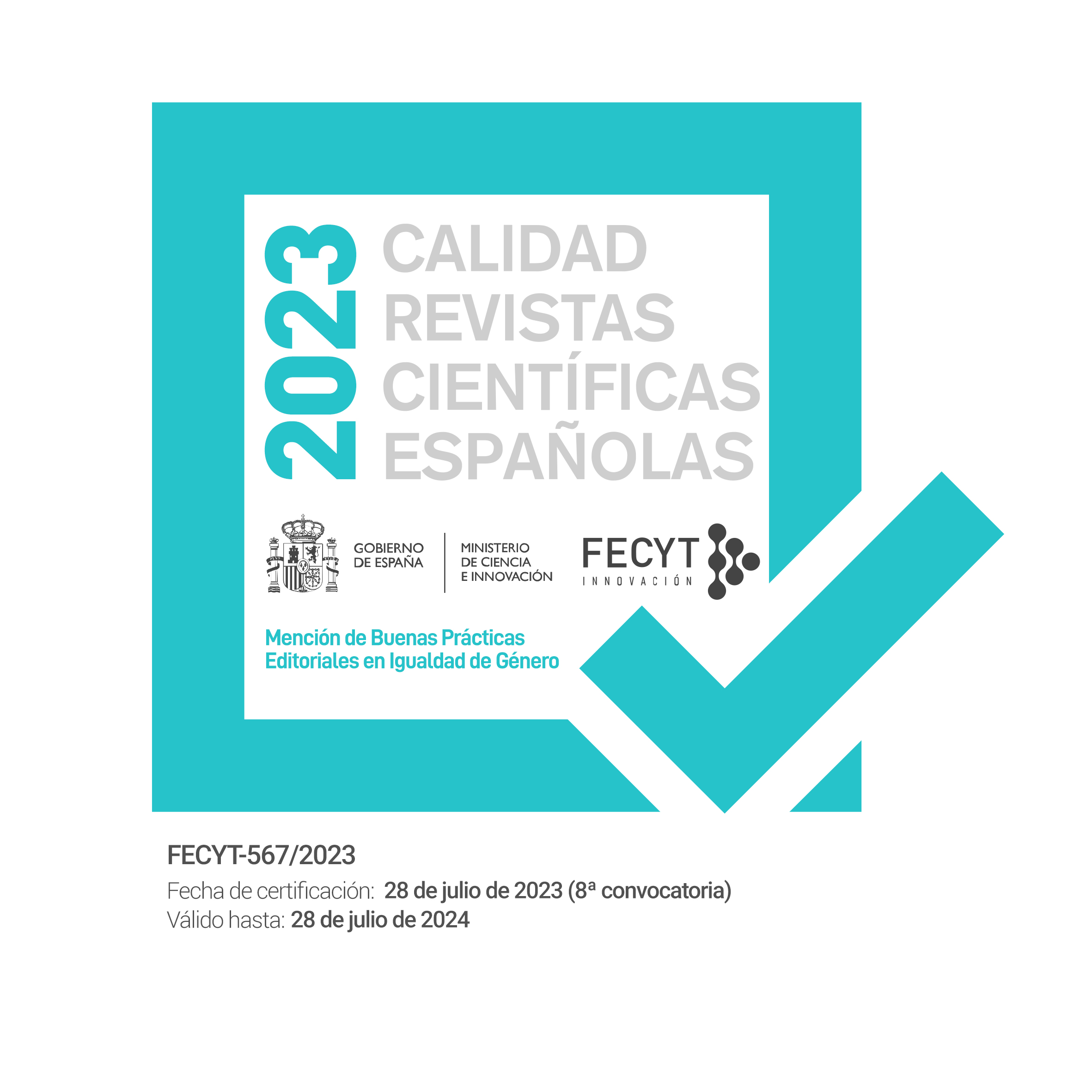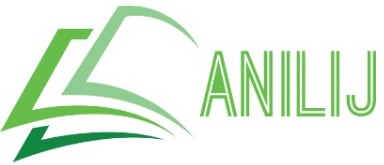DIGITAL FICTION FOR LITERARY EDUCATION
DOI:
https://doi.org/10.35869/ailij.v0i21.4567Keywords:
Children’s literature, Literary education, Digital applications, Digital fiction, Early childhood educationAbstract
This work focuses on digital fiction for early childhood, considered as a resource for literary education. It aims specifically to analyse six digital fiction apps for pre-readers created by the Italian Publisher Minibombo, and to determine their suitability for literary education in preschool
education. The methodology employed is qualitative and based on case study. Two dimensions have been taken into account: format (availability, accessibility, paratexts, usability and ergonomics); and content (narrative, multimodality and interactivity). The analysis reveals common features in all the selected applications justifying their appropriateness for young children. The most prominent features are the simplicity of the plots, the predominance of iconic language, the harmonic combination of images and sounds, and the options for interaction, which require the active participation of the reader so that the story advances. Their appropriateness for literary education is justified by the simple narratives being adapted to the children’s interests and abilities, fostering the enjoyment of these works of fiction through exploration and play. It is advisable to use these apps with the mediation of an adult, to support oral production during or after the shared reading.
Downloads
Downloads
Published
Issue
Section
License
Copyright (c) 2023 María del Rosario Neira-Piñeiro

This work is licensed under a Creative Commons Attribution-NonCommercial-NoDerivatives 4.0 International License.
Anuario de Investigación en Literatura Infantil y Juvenil has been published in open access from 2019 (vol. 17). The journal allows the authors to retain publishing rights. Authors may reprint their articles in other media without having to request authorization, provided they indicate that the article was originally published in Anuario de Investigación en Literatura Infantil y Juvenil. The journal holds the copyright of printed issues (volumes 0-16).





